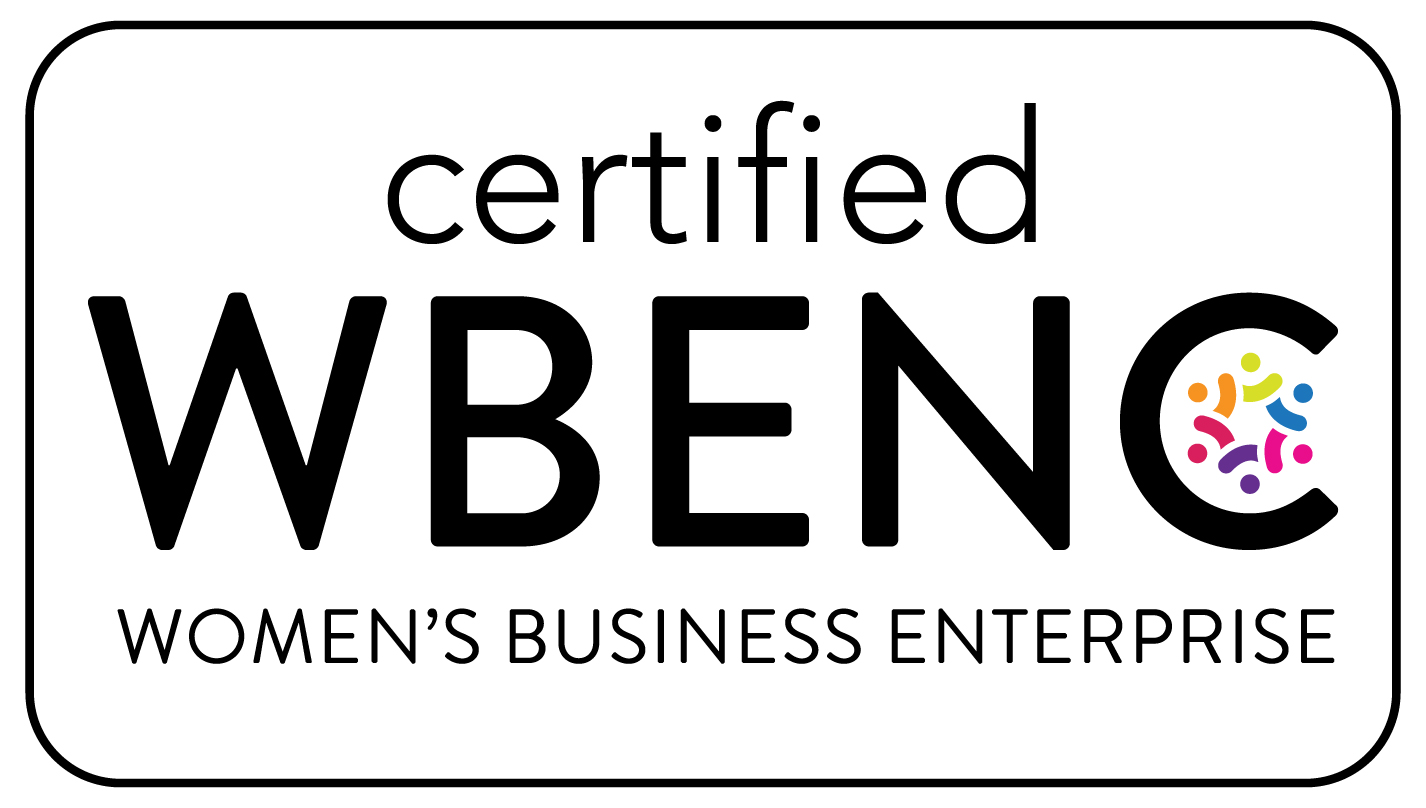Welcome to our blog series on Mergers and Acquisitions in the dental space. Over the course of three blogs, we will walk through the major steps and issues encountered, from a legal perspective, in buying or selling a dental practice. Much of what we will write about is applicable across the dental spectrum, so keep reading if you are a general practitioner, an orthodontist, an oral and maxillofacial surgeon, or anything in between.
We will start out by assuming that you found a practice that looks like it has potential, and at that point, you’ll want to sign a Confidentiality Agreement before you start exchanging sensitive information. From there, the first major legal document that you will encounter is the Letter of Intent (“LOI”). Not all LOIs are created equally, but all (well-written) LOIs will contain similar language. Let’s jump in!
Part 1: The Letter of Intent
Transaction Structure
First, we must identify how the transaction is structured. What does that mean? Well, you have two primary choices: an asset deal or a stock deal.
Purchase Price
Next, we want to talk about the deal term that is arguably the most important to the buyer and seller . . . the purchase price. The purchase price consists of two major components: tangible assets and goodwill. Tangible assets include equipment, fixtures, furniture, etc. Goodwill is an intangible asset comprised of the value of a practice’s brand name, solid customer base, good customer relations, good employee relations, and any proprietary technology. Generally, goodwill will constitute a much larger portion of the overall purchase price than tangible, fixed assets. This breakdown will not usually be explicitly stated in the LOI but will be agreed upon and finalized after the due diligence period. Know that there are significant differences in tax implications for the buyer and seller on how the purchase price is allocated. The buyer will want as much as possible of the purchase price to be allocated towards tangible assets, and the seller will want as much as possible of the purchase price to be allocated towards goodwill. Since the tax implications are at odds for both parties, the allocation of the purchase price is something that may take some time to negotiate.
Financing
The section of the LOI is usually brief and lays out the proposed financing terms the buyer anticipates receiving from the bank. Important for you to know: The loan for the practice will typically be ten years, containing a market interest rate and monthly amortization of principal and interest. Sometimes, the seller will financial a portion of the purchase. The most frequent situation where this is used is with dentists coming right out of school/residency looking to purchase a practice and real estate is part of the deal. In these cases, the buyer typically has quite a bit of student loan debt and getting financing for the practice and real estate on top of student loans is too risky for a bank.
Definitive Agreement
You might be asking: What are definitive agreements? Well, good question. These are all of the legal agreements that make up the “deal documents” for the transaction. In the LOI, we outline some of the important terms to ensure that both parties are on the same page before negotiations start.
One of the definitive agreements is always the purchase agreement, but there will typically be other (we call them ancillary) agreements. One of those agreements is often for professional services to be rendered by the selling doctor, and another is for transition services to be rendered by the selling doctor. The LOI should not get into much detail on either of these, but it should lay out the major terms of each. For the transition services, it is best both parties agree in the LOI as to the expectations for how many days per week, weeks per month, and how many months the selling doctor is expected to work with the buyer to help them transition the practice. Additionally, the parties should be clear on how the selling doctor is paid, whether a flat rate or a percentage of collections. Similarly, the two doctors should agree in the LOI on the expectations for how much time the selling doctor will spend introducing and cultivating relationships between the buyer and the practice’s referral sources.
Due Diligence
Understanding the business the seller is buying takes time, and that process is called due diligence. Typically, we see anywhere from 30 days to 90 days for diligence, when the buyer will be allowed access to the business records and premises of the practice. During this time, the buyer evaluates the financials and business assets and comes up with a valuation of the business to counter what the seller believes the practice is worth.
Exclusivity
While diligence is performed and the definitive agreements are negotiated, the buyer wants to make sure the practice isn’t sold to someone else. That makes sense, since the buyer is investing time and money at this point. That protection is called exclusivity, and usually lasts 30 to 60 days (unless the buyer decides to terminate the deal based on what they found during the due diligence period). Specifically, the seller agrees not to negotiate or have any discussions with any other party, or solicit or accept any offer from any other person concerning any financing of the practice or a possible sale of all or any portion of the practice’s assets or securities. Additionally, the buyer often agrees that if the parties end up not consummating a deal, they will not buy, open, or be employed by a dental practice within a certain mile radius for an agreed upon amount of time.
Non-binding
Yes, LOIs are typically non-binding, meaning that just because both parties sign the LOI, the transaction does not have to be completed. In fact, the parties will often decide to part ways after the due diligence period because the buyer finds something they were unaware of before looking at the financials and assets. That does not mean that LOIS are unimportant – they are! Negotiating away from the terms of the LOI erodes trust and must be handled delicately. Additionally, it is essential to note that while you may not be required to close, several items in the LOI will likely remain binding. Specifically, exclusivity, even if the purchase agreement is never executed.
The upshot – LOIs are an incredibly important part of a deal, even if they are mostly non-binding. Please do yourself a favor and meet with an attorney to draft/review and negotiate your LOI. Next up - In Part 2, we will look at the next document the parties will draft and negotiate (assuming an asset transaction), the Asset Purchase Agreement. This document contains the real meat and potatoes of the sale/purchase of the dental practice. To learn more about a LOI or to schedule a complimentary 30-minute consultation, please contact Stock Legal.












